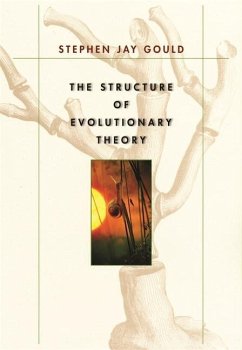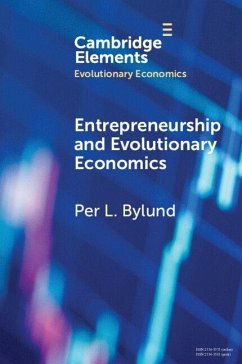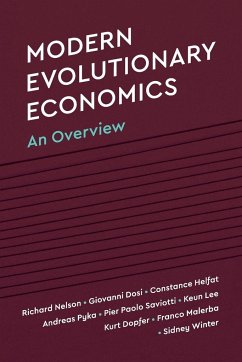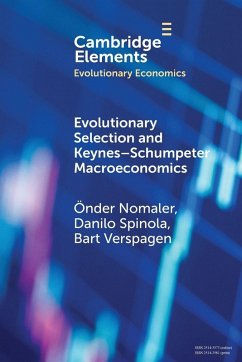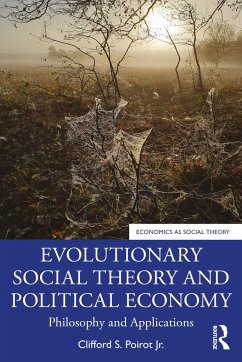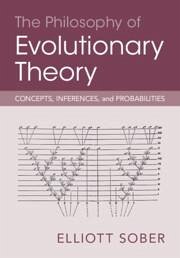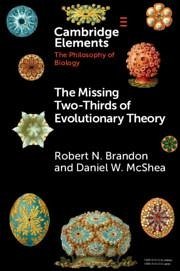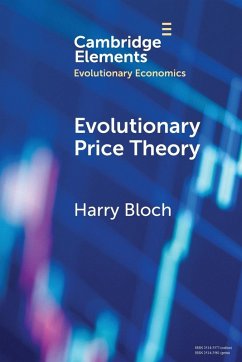
The Evolutionary Foundations of Economics
Versandkostenfrei!
Versandfertig in 1-2 Wochen
52,99 €
inkl. MwSt.
Weitere Ausgaben:

PAYBACK Punkte
26 °P sammeln!
This 2005 volume brings together fifteen original articles from eminent economists in their common efforts to reconstruct economics as an evolutionary science. Using meso economics as an analytical entity, bridging micro and macro economics as well as static and dynamic realms, a unified economic theory emerges.





